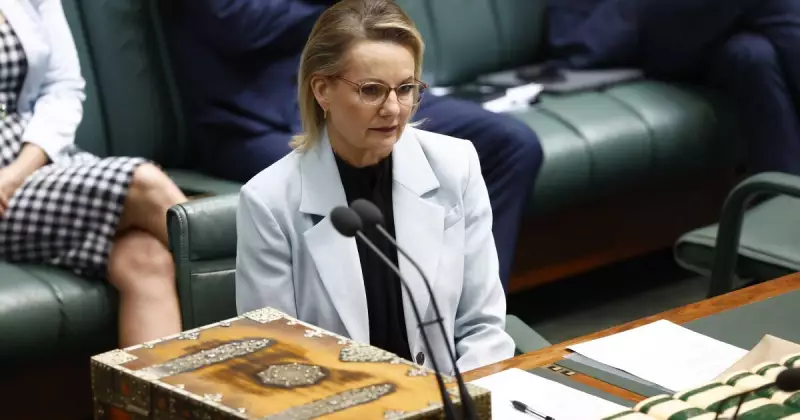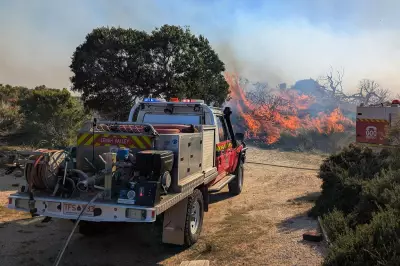
The Australian Labor government has concluded the final parliamentary sitting week of 2025 with a significant environmental victory, successfully passing major reforms to the Environment Protection and Biodiversity Conservation Act through the Senate with crucial support from the Greens.
Coalition Leadership Vacuum Exposed
The reform process revealed a concerning lack of leadership from Opposition Leader Sussan Ley and the Coalition, who missed a critical opportunity to demonstrate constructive engagement. Prime Minister Anthony Albanese claimed he extended an offer to meet with Ms Ley to discuss the legislation, but the invitation was reportedly declined.
Subsequent claims from Ms Ley's office that the Prime Minister was being characterically tricky and never actually offered the meeting appear disingenuous. Similarly, assertions by Coalition home affairs spokesman Jonathon Duniam that Labor struck a dodgy, dirty deal with the Greens strain credibility, especially given the Prime Minister publicly thanked Mr Duniam and environment spokeswoman Angie Bell for their engagement.
Negotiation Breakdown and Consequences
The government noted that the opposition had refused to reveal its full list of demands, making a final agreement impossible as Parliament wrapped up for the year. Ms Ley's hands-off approach to the most important legislative business of the week represents a serious error in judgement that has left the Coalition appearing confused and disorganised.
Meanwhile, the Greens demonstrated political wisdom by not demanding an excessive price for their support. While Greens leader Larissa Waters acknowledged the bill still falls woefully short of their ideals, the party secured key concessions including stopping the fast-tracking of coal and gas projects and presented a unified front throughout negotiations.
Industry Reaction and Political Fallout
The passed legislation has already drawn criticism from the gas industry, with Australian Energy Producers chief executive Samantha McCulloch claiming the deal would entrench slow approvals and stall critical energy projects. This development carries particular irony given that Labor's position on using gas as a transition fuel aligns closely with previous statements from Liberal leaders including Scott Morrison.
The outcome leaves Labor with an improved legislative track record heading into the new year, while the Coalition faces internal scrutiny over its capacity for constructive policy engagement. Until the opposition establishes clear environmental policies and demonstrates genuine willingness to negotiate, it risks remaining mired in the confusion that marked the end of its parliamentary year.





